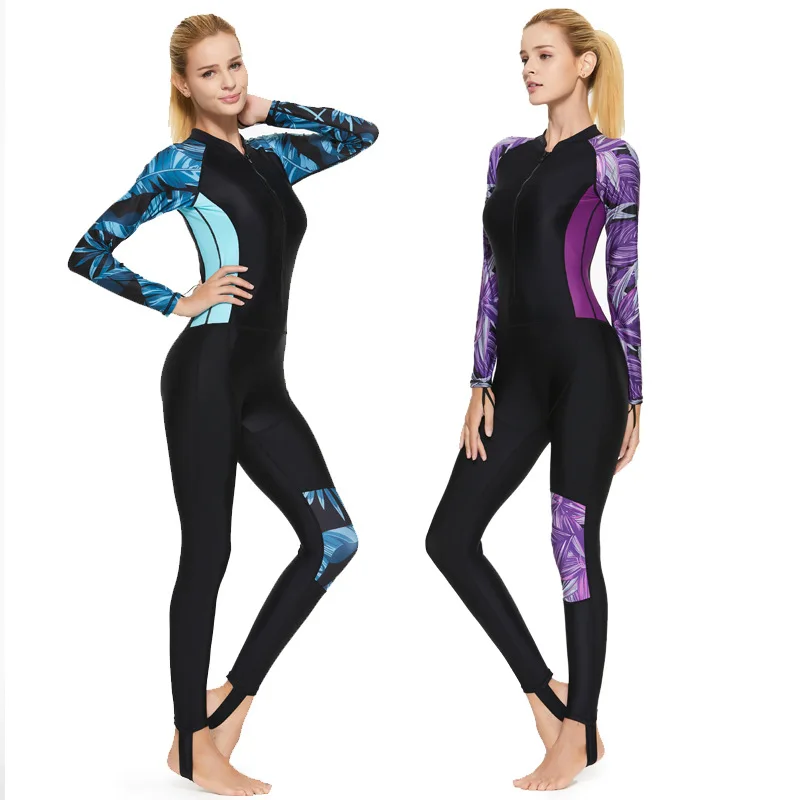ABOUT
Shark Sporting Goods Co., Ltd is a leading manufacturer and supplier of high-quality water sports gear. Based in Dongguan, China, we specialize in providing innovative and durable products tailored for professional athletes and recreational enthusiasts alike. Our extensive product range includes wetsuits, swimwear, and various accessories designed to enhance performance and comfort in water activities.
At Shark, we are committed to quality, sustainability, and customer satisfaction. Our state-of-the-art production facilities and rigorous quality control processes ensure that every product meets the highest industry standards. We pride ourselves on our ability to offer customized solutions and OEM services to meet the unique needs of our partners.
With a strong emphasis on research and development, we continually strive to push the boundaries of design and technology in the water sports industry. Whether you're a retailer or an OEM partner, Shark Sporting Goods Co., Ltd is your trusted partner for quality water sports equipment.
PRODUCTS
"Swimwear Trends for the Eco-Conscious Consumer"
Summer is just around the corner, and with it comes the urge to hit the beach, pool, or lake. For many, that means investing in new swimwear. However, with growing concerns about the environmental impact of fashion, eco-conscious consumers are seeking sustainable options. Luckily, the swimwear industry is embracing sustainability with innovative designs and materials. From recycled fabrics to ethical production practices, there are plenty of stylish and eco-friendly choices available.
This article will explore the latest swimwear trends for the eco-conscious consumer, highlighting the brands and materials driving the movement towards sustainable swimwear. We'll delve into the various eco-friendly fabrics, explore the importance of ethical production, and uncover the trends shaping the future of swimwear.
Recycled Fabrics: A Sustainable Solution
One of the most significant trends in eco-conscious swimwear is the use of recycled fabrics. Brands are increasingly turning to recycled materials like recycled nylon (ECONYL®) and recycled polyester to create durable and stylish swimwear. These materials are derived from pre-consumer waste like fishing nets and plastic bottles, reducing the demand for virgin materials and minimizing textile waste.
Recycled nylon, like ECONYL®, is particularly popular due to its high quality and chlorine resistance. It's incredibly soft and comfortable, making it perfect for swimwear. The production process involves a closed-loop system where nylon waste is collected, cleaned, and transformed back into new yarn. This circular approach helps to reduce waste and conserve resources.
Recycled polyester is another sustainable fabric choice. It's made from recycled plastic bottles, which are shredded and melted down to create new polyester fibers. This process not only diverts plastic waste from landfills but also reduces the environmental impact of producing virgin polyester.
Sustainable Materials: Beyond Recycled Fabrics
The move towards sustainable swimwear goes beyond just recycled fabrics. Many brands are incorporating other eco-friendly materials into their designs. For example, organic cotton is a natural and biodegradable fabric that is grown without harmful pesticides or fertilizers. While not as chlorine-resistant as recycled synthetics, organic cotton is a great option for swimsuits designed for minimal water exposure.
Another innovative material gaining traction in the swimwear industry is seaweed. Seaweed fabrics are biodegradable, soft, and naturally water-resistant. Some brands are even using seaweed to create bioplastics, which can be used for swimwear accessories like straps and buckles. This innovative approach not only reduces plastic waste but also utilizes a sustainable and renewable resource.
Ethical Production Practices: From Farm to Finish
Beyond the materials used, ethical production practices are crucial for creating truly sustainable swimwear. Fair labor practices and responsible sourcing are essential aspects of eco-conscious fashion. Brands committed to sustainability ensure their workers are treated fairly with decent wages and safe working conditions.
Furthermore, responsible sourcing involves ensuring that materials are obtained from suppliers that prioritize environmental and social responsibility. This includes avoiding harmful chemicals, minimizing water usage, and supporting communities in developing countries. By prioritizing ethical production, consumers can feel confident that their swimwear is made with integrity.
Trends to Watch: The Future of Sustainable Swimwear
The future of sustainable swimwear is exciting. Brands are constantly innovating and exploring new materials and technologies to minimize their environmental impact. One emerging trend is the use of plant-based dyes. These dyes are derived from natural sources like fruits, vegetables, and flowers, offering a more eco-friendly alternative to synthetic dyes. Plant-based dyes are not only better for the environment but also produce vibrant and unique colors.
Another trend to watch is the rise of upcycled swimwear. Upcycling involves repurposing old or discarded materials into new products. Brands are creating unique and stylish swimsuits from recycled fabrics, vintage clothing, and even plastic waste. This trend not only reduces textile waste but also offers a creative and sustainable way to express personal style.
As the demand for sustainable swimwear continues to grow, we can expect to see even more innovative designs and materials hitting the market. By supporting brands that prioritize ethical production and eco-friendly materials, consumers can make a conscious choice for the planet and their style.
SUBSCRIBE
INQUIRY








